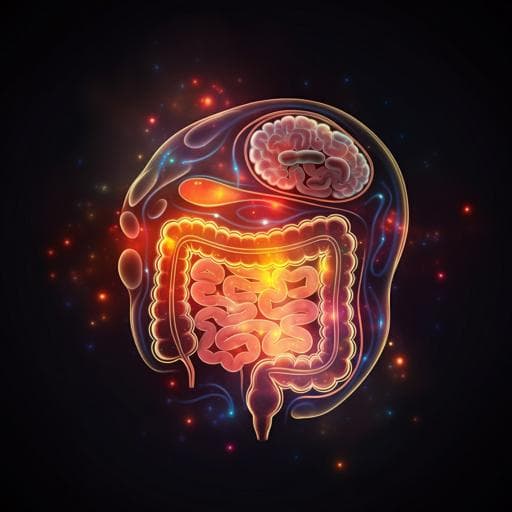
Psychology
Psychobiotic interventions for anxiety in young people: a systematic review and meta-analysis, with youth consultation
K. C. Kadosh, M. Basso, et al.
Explore the intriguing world of psychobiotics and their impact on youth anxiety in this systematic review by authors Kathrin Cohen Kadosh, Melissa Basso, Paul Knytl, Nicola Johnstone, Jennifer Y. F. Lau, and Glenn R. Gibson. Despite including youth perspectives on intervention acceptability, the findings reveal limited overall effects, challenging our understanding of microbiota-targeted interventions.
Related Publications
Explore these studies to deepen your understanding of the subject.







